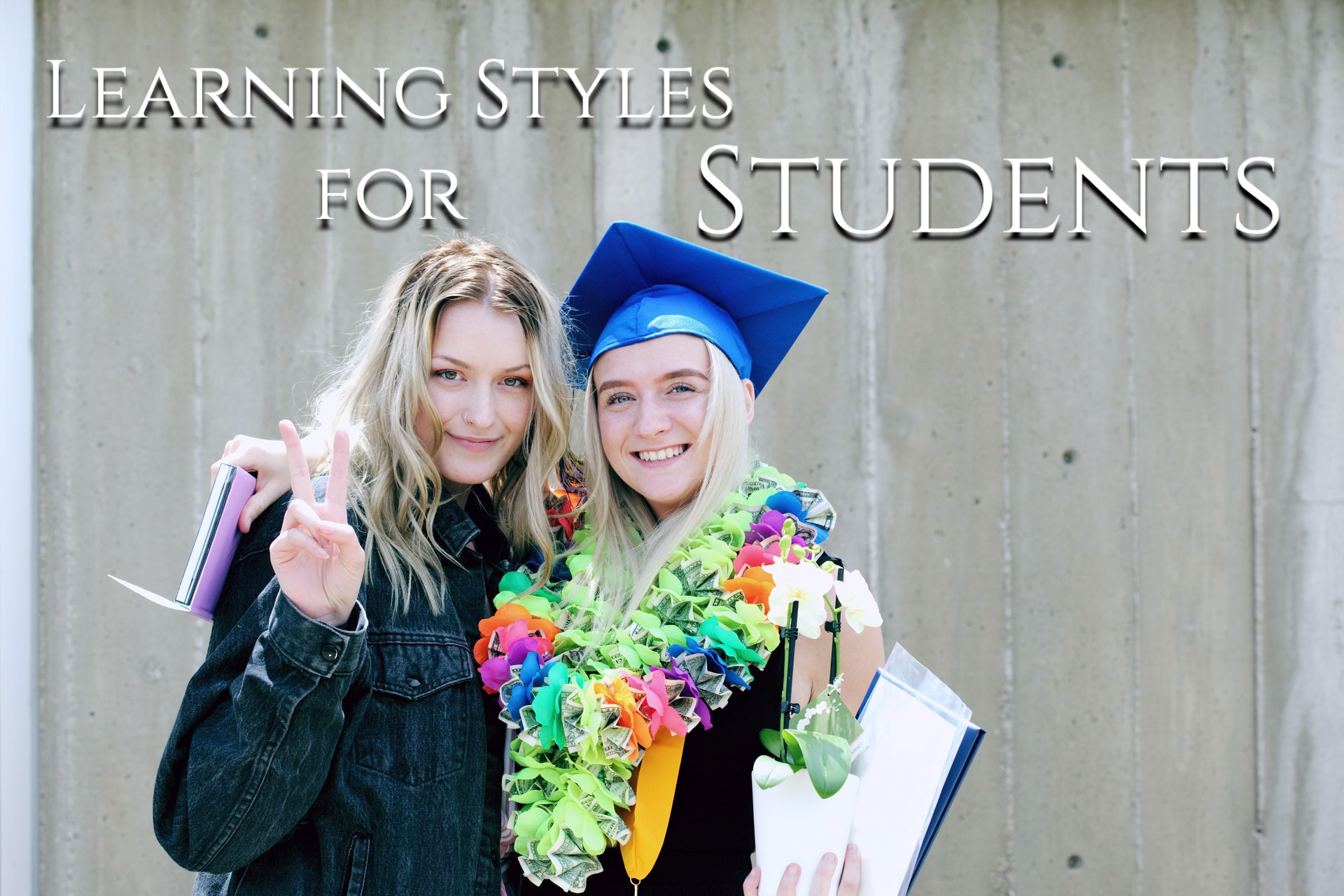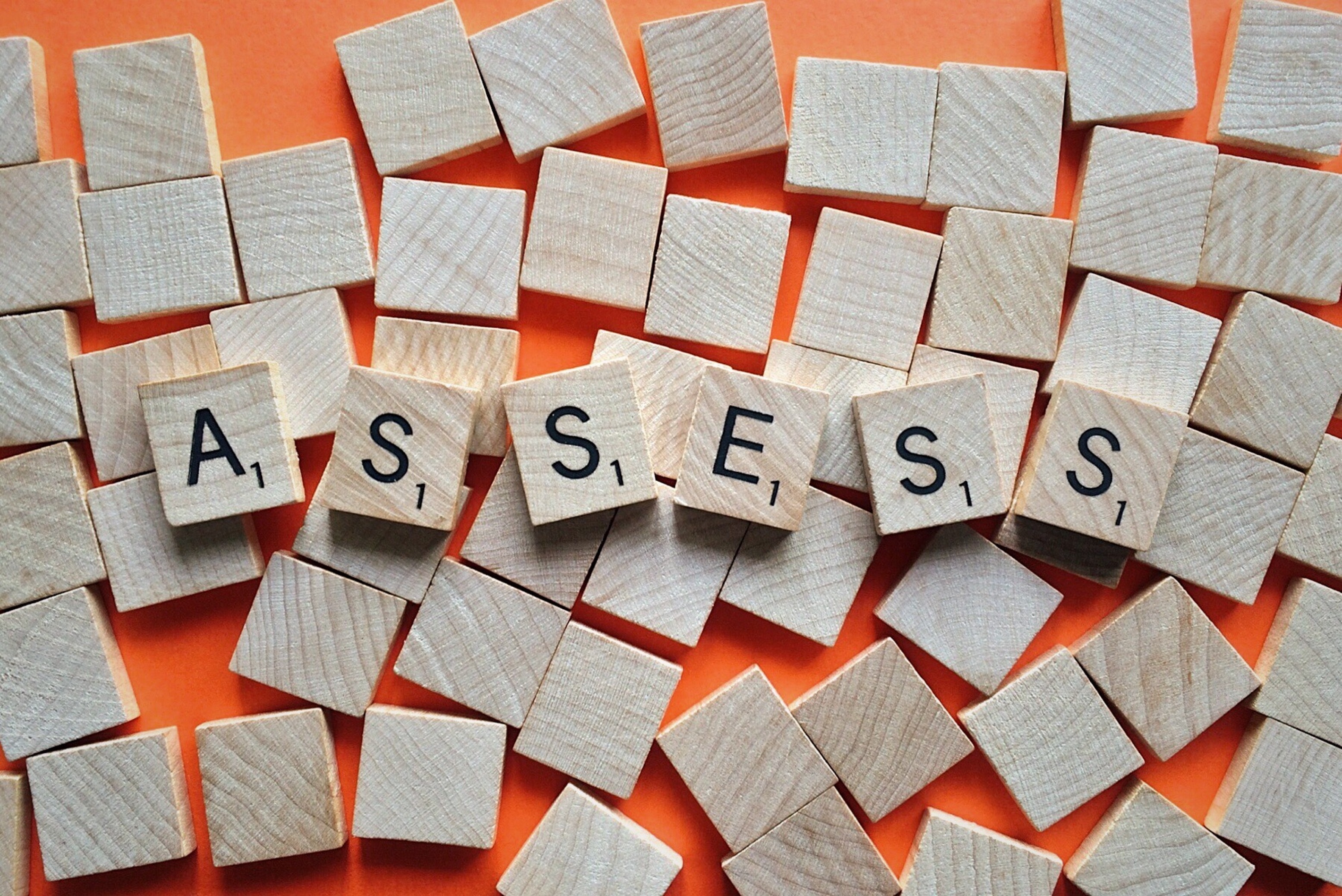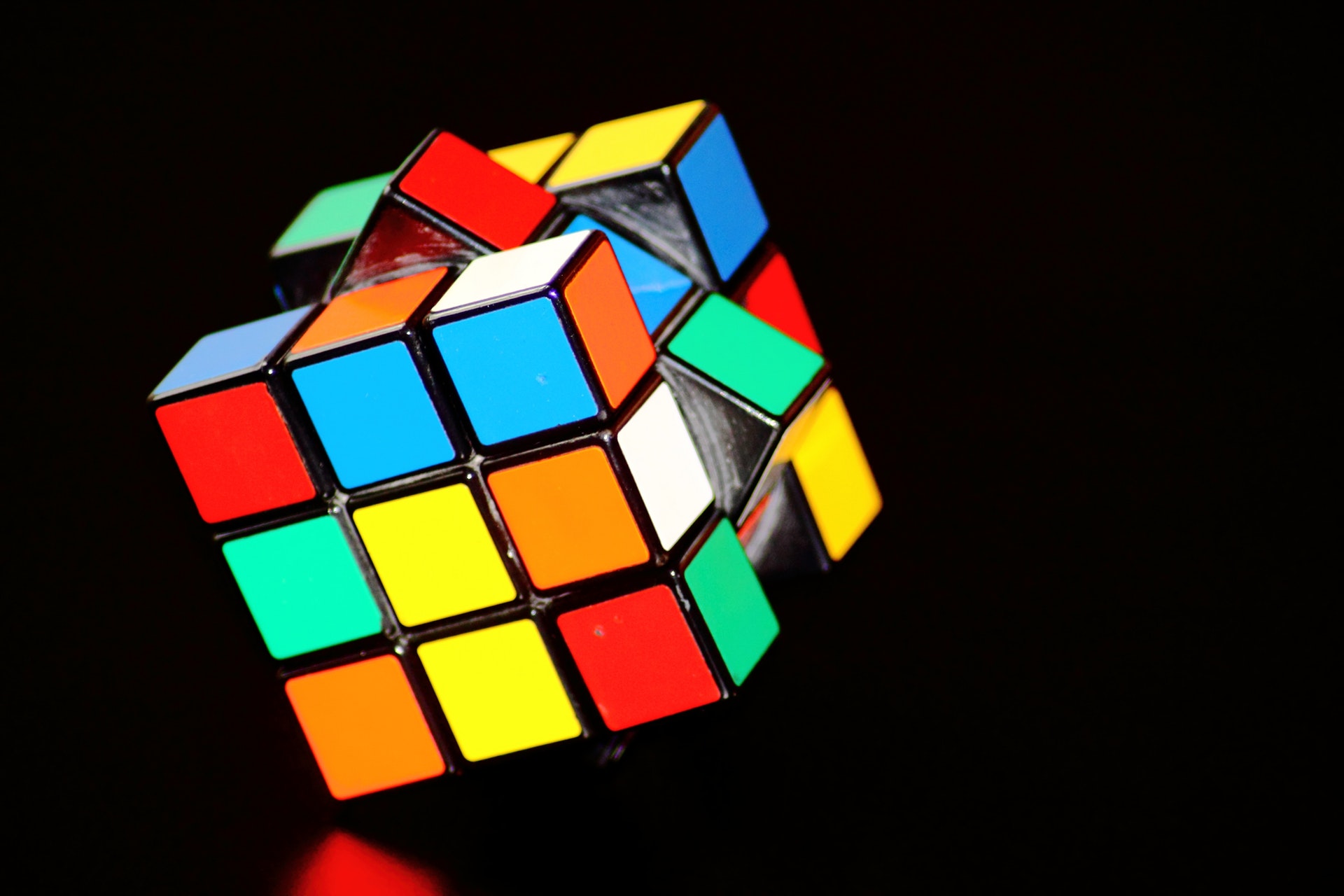
LEARNING STYLES FOR STUDENTS
The term learning skills denote the fact that every student learns differently. Technically, a person's learning style refers to the preferential way through which learners absorb, comprehends, process, and retain information.
For instance, when learning how to make a watch, some students understand the process by following the verbal instructions while other have to physically manipulate the watch themselves. Individualized learning style has gained popularity in the education realm.
Moreover, learning styles depend on emotional, cognitive and environmental factors as well as ones' personal experience.
In summary, everyone is different, therefore, it is essential for educators to understand their students learning styles. In this guide, we discuss different student learning styles.
One of the widely accepted understandings of learning styles is the fact that student learning styles fall into three categories. According to the VARK learning styles theory, the categories of student learning styles template include auditory learners, Visual Learners, and Kinesthetic learners.
Identifying your students as auditory, visual, write/read or kinesthetic learners are critical. Even more, aligning your overall curriculum with these type of learner test will prove to be beneficial to your entire classroom.
In fact, allowing learners to access information in terms they are most comfortable with will boost their academic confidence.

VISUAL LEARNING STYLE
Visual learning students prefer the use of maps, images, and graphic organizers to understand and access information. These individuals decipher well pictorial data like graphs and maps.
Sometimes, to process the thoughts, drawing or writing helps. Generally, 4-D learners can top in geometry, but struggle in math.
On the other hand, the persons get written off as the late bloomers. Within the struggles, the learning styles brings a difference.
Of course, the levels of creativity and thinking rises. The processing speeds of what gets perceived rises.
How to Improve Remembering
- Use of diagrams, drawings, displays, and infographics.
- Introduce digital technology.
- Substitute words with pictures and colors.
- Make various levels of sketches to replace text in blocks.
- Highlight the main facts in writing.

THINKING STYLES
These are learners with calculated and logical thinking skills. The individuals can unravel problems comprising numbers.
In this way, the mental visual data gets explained easily. Also, the analysis is adept due to linear thinking. The information at hand gets ordered and clustered with plans.
Many logical thinkers can execute difficult calculations off the head. For instance, the learner's delight in tactic games likes backgammon and chess.
Some of them also become engineers, arithmeticians, or sturdy sciences. The unique student learning styles ignites the need to know the foundation.
How to Improve Remembering
- Avoid memorizing main ideas during classes but understand.
- Identify the primary information in the summaries like numbers and specifics.
- Change material and classes to tactical thinker games.
- Excite the mind through computer arithmetic games and cracking puzzles.
- Create a real goal and note own the improvement.

LEARNING STYLE ASSESSMENT
The student learning styles template developed from the uniqueness in students. The idea of distinct ways of gathering and ordering data helps learners.
So, all learners will benefit as per the lessons informative methods. The teachers pursuing how to modify student lessons use the assessment tools.
The recognized learning styles also help to tailor instruction well. Every assessment uses indicators that aid know the right methods for all.
In this way, the teaching materials get matched to the preferences of a person. Additionally, the style endorses non-preferred forms sometimes to build up one's weak skills.

LEARNING SYLE QUIZ & HOW TO USE
Among the available study tools, quizzes are free but generic. With the outcomes, the teachers can tailor the curriculum and useful strategies.
For example, parents may realize that the child processes well through visual data. The use of flash cards enables learners to understand math or words fast. Of course, you can realize much from learning style quiz and improve student skills.
The results make teachers and parents and get a new idea about the child. The solution will also help in learning and communication tasks.
The basis of this tool lies from the difference in learning preference. Many learning style theories suggest that individuals get categorized with the working model.
The ideas make training depend on typical learning styles to boost education. The best thing is, students can change to engaging study routines.

MULTIPLE INTELLIGENCES LEARNING STYLES
Over the years, studies founded this learning style as effective. It shows a clear difference in learning styles. Even though some grasp in a verbal environment, others enjoy kinesthetic intelligence. Since an individual has a distinct knowledge, processing information is easy.
The multiple intelligence styles emphasize how content and relates to the disciplines. Some of the intelligence consist of:
- Musical
- Bodily-kinesthetic
- Interpersonal
- Verbal-linguistic
- Logical-mathematical
- Naturalistic
- Intrapersonal
- Visual-spatial
Finally, learning styles and multiple intelligence styles are useful in daily life. Combination of the student learning styles helps to understand concepts.
Indeed, no approach is wrong; you need to overlook other people’s thoughts. The main thing is to grasp new skills fast and improve your information retention.
At Tutorroom.net, you find styles to help develop students’ strengths and weaknesses.